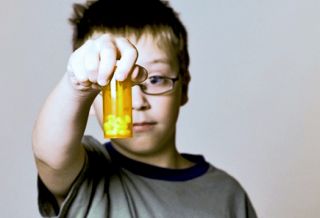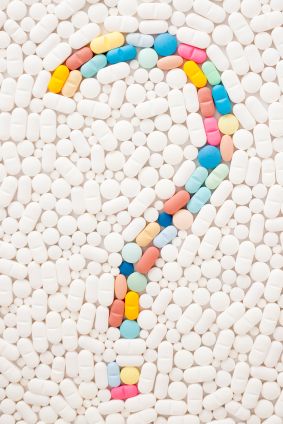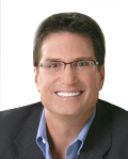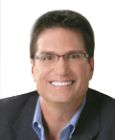ADHD
Pop-A-Pill Culture
Adderall and other stimulants used in treating ADHD can do more harm than good.
Posted February 5, 2013
The pendulum has swung much too far. Over the past three decades, we’ve gone from being reluctant to recognize and treat an ADHD diagnosis in children to a nation addicted to the quick fix, whether there’s a real problem or not. Practitioners are handing out Ritalin and Adderall like it’s Halloween candy, and perfectly healthy young men and women, be they the college student cramming for a test or the football player looking for an edge on game day, are becoming addicted to stimulants with tragic consequences. And it’s all under the aegis of legitimate medical practice.
A recent Sunday New York Times article brought this to the fore with the heart-rending story of 24-year old Richard Fee, a bright, energetic young pre-med student whose legal prescriptions led to a downward spiral of delusion, anger, depression and suicide.

It’s not the first, and it won’t be the last of such cases. College students can easily get their hands on all kinds of serious prescription medications these days, trading what they find in their parents’ bathroom cabinets like baseball cards. What appalls me is that the pills that cut short this young life are ruining so many others, are distributed and sanctioned by the medical community, based on “diagnostic tests” that are so loose they would be laughable if the results weren’t so dire.
The culprits are Big Pharma, which has found a new, multi-billion dollar market for stimulants since adult ADHD has been recognized. The harried practitioners who rely on little more than a questionnaire to make a diagnosis and teachers who are doing their best to control a class of 35 or more students. We’re turning all kinds of individual traits into medical conditions, and doctors, be they psychiatrists or family health practitioners, only seem to know how to treat them as such.
That means a prescription. Give someone a hammer and they’re going to view everything as a nail. Detailed diagnoses and long term treatment just don’t pay, and our microwave culture demands the short-cut solution of a pill, despite that research is only just beginning to show the harmful, long-term results of stimulant use in individuals, with or without ADHD.
Layer onto this the tremendous amount of advertising dollars that are being poured into promoting stimulant treatments for adults. Adult ADHD has only recently become a thing, but now it is a cause célèbre, with hugely popular figures like rock star Adam Levine making ADHD public service announcements about “owning it.” Mr. Levine says nothing about taking medication, although it’s implied, and there’s merit in his message, to be sure. The fact is that the ad is paid for by Shire, which makes Vyvanse, another prescription treatment for ADHD that’s aggressively trying to take market share from Ritalin. They are entitled, of course, but it’s putting a glamorous face on ADHD treatment that may be having the opposite effect of what was intended.
Look, I’m not saying that in severe cases medication for ADHD is not indicated, but do 1 in 12 kids really have ADHD? What’s needed is a drastic shift in the way we diagnose, view and handle ADHD. Like everything else, it exists along a continuum from 1 to 10. At the 9 and 10 and 10+ extreme, it may well require meds, but for those lower on the scale we need to mandate the inherent advantages of the trait. A love of multi-tasking, resilience, high energy, willingness to take risks, outgoing, optimistic and doing well in times of turmoil are just a few of the many positives that may be seen with this trait.

We must understand that the restlessness and inattention of the trait is often a result of being bored easily with routine. This is not a bad thing unless we insist on defining and making a routine, structured life for everyone mandatory. Some of our greatest business leaders are phenomenal multi-taskers – Jetblue founder David Neeleman, Cisco CEO John Chambers, Virgin mogul Sir Richard Branson – have embraced their ADHD and refused to medicate their uniqueness. Imagine the loss to our culture and economy if these extraordinary individuals had suppressed their restless energy with a pill!
Imagine some of the great things a bright young man like Richard Lee, and the countless other young people whose lives are being destroyed or compromised, could have accomplished if meds were viewed not as a panacea, but rather as a treatment of last resort.


